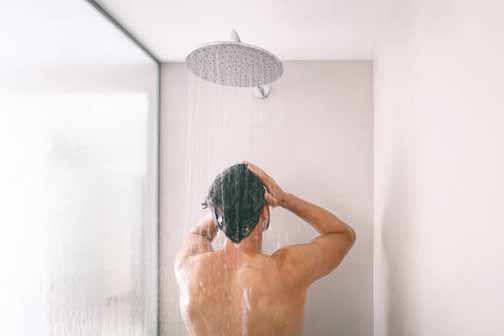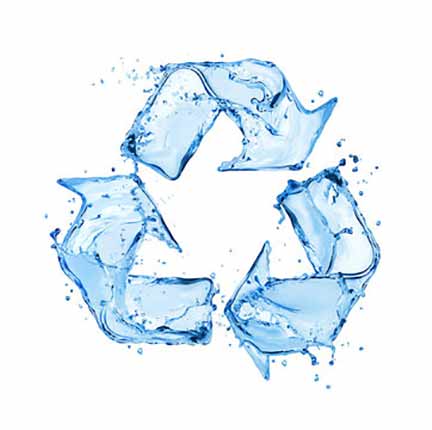
As the demand for water continues to increase and the availability of freshwater sources becomes limited, it is essential for us to adopt water saving practices in our daily lives. Below we will explore various tips and techniques that can help you conserve water while still enjoying a refreshing shower or bath experience. Whether you’re a Chicago resident or simply interested in water conservation, these tips will be valuable to you.
The Importance of Water Conservation
Water is a precious resource that we often take for granted. In Chicago, where Lake Michigan provides the main water source, it’s easy to overlook the need for conservation. However, water scarcity is a global issue, and every drop saved counts. By conserving water in our showers and baths, we not only reduce our monthly utility bills but also contribute to the larger goal of preserving the planet’s freshwater resources for future generations.
Understanding Water Usage in Showers and Baths
Before we delve into water saving techniques, it’s important to understand how much water is typically used during showers and baths. On average, a standard showerhead releases about 2.5 gallons of water per minute, while a bathtub can hold up to 70 gallons of water when filled to the brim. These numbers may seem insignificant on their own, but they quickly add up over time and across multiple households. These tips will help lower your overall water bill costs if you have noticed a spike in your recent water bills.
Tips for Water Conservation in the Shower
1. Install Low-Flow Showerheads: Consider replacing your existing showerhead with a low-flow alternative. These showerheads are designed to restrict water flow while maintaining sufficient water pressure. By doing so, you can significantly reduce water consumption without compromising your shower experience. This can be an easy DIY project or if you choose so, you can call a plumber in Chicago to assist you.
2. Take Shorter Showers: Challenge yourself to shorten your shower time. Set a timer or play a favorite song to keep track of time. Aim for showers that last no longer than five minutes. By doing this, you can save gallons of water with each shower.
3. Turn Off the Water: While soaping up or shampooing your hair, turn off the water to minimize wastage. Only turn it back on when rinsing off the lather. This simple habit can go a long way in conserving water.
4. Use a Shower Bucket: Place a bucket in your shower to collect the initial cold water that usually flows before the desired temperature is reached. You can later use this water for watering plants or other household purposes.
5. Repair Leaks: Regularly check for leaks in your showerhead or faucet. Even a small leak can waste a significant amount of water over time. Repair any leaks promptly to prevent unnecessary water wastage.

After taking a bath, don’t let the water go to waste. Use it to water plants, clean floors, or flush toilets, thus maximizing its utility before disposal.
Tips for Water Conservation in the Bath
1. Opt for Showers Instead: Generally, taking a shower consumes less water compared to filling up a bathtub. If you have the option, choose a shower over a bath whenever possible.
2. Limit Bathtub Capacity: If you prefer baths, consider filling the tub with less water. Restricting the water level will save gallons of water without compromising your relaxation time.
3. Share the Bathwater: If you have young children or family members who bathe at similar times, consider sharing the bathwater. This not only saves water but also promotes a sense of family togetherness.
4. Use Bathwater for Other Purposes: After taking a bath, don’t let the water go to waste. Use it to water plants, clean floors, or flush toilets, thus maximizing its utility before disposal.
5. Take Infrequent Baths: Baths can be a luxurious way to unwind, but it’s important to be conscious of their water consumption. Consider limiting the number of baths you take each week and opt for showers on other days.
Water conservation is everyone’s responsibility, and simple actions can have a significant impact. By implementing the tips mentioned in this article, you can play your part in conserving water in the shower or bath. Whether you choose to install low-flow showerheads, take shorter showers, or reuse bathwater, every effort counts.